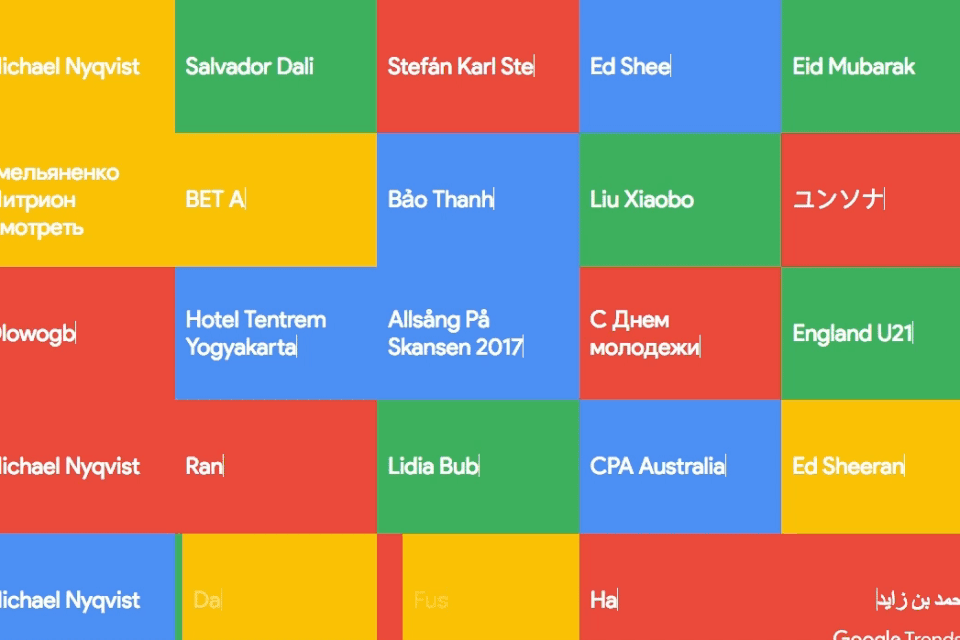
The function of advertising, wrote Robert E. Lane in The Loss of Happiness in Market Democracies, “is to increase people’s dissatisfaction with any current state of affairs, to create wants, and to exploit the dissatisfactions of the present. Advertising must use dissatisfaction to achieve its purpose.”
The web browser is a dissatisfaction-seeking machine. Every search query we input reflects a desire—to have, to know, to find. Ordinarily, that fact may escape notice. But there are moments when the machine reveals its inhumanity.
Speaking on a panel at the Aspen Ideas Festival, which is cohosted by the Aspen Institute and The Atlantic, Manoush Zomorodi, host of WNYC’s Note to Self, shared a story of a message she received from a listener who’d been following her series on digital privacy. “She was concerned that she might have a drinking problem, and so she went on Google and asked one of those questions, ‘How do you know if you have a drinking problem?’ Two hours later, she goes on Facebook, and she gets an ad for her local liquor store.
“And she left me a voicemail crying, ’cause she was like, ‘You know, it would be one thing if it were even sending me, like, clinics maybe where I could get help. But the fact that that’s how it was targeting me …’ She felt so betrayed by Facebook, this company with whom she had a very intimate relationship.”
Only 9 percent of adults in the United States say “they feel they have ‘a lot’ of control over how much information is collected about them and how it is used,” according to the Pew Research Center. For most of us,
[“Source-theatlantic”]